Unlock the Power of Machine Learning with These Top Books
There are many excellent books on machine learning, covering a wide range of topics from fundamentals to advanced techniques. Here are some top machine learning books to consider:
“Pattern Recognition and Machine Learning” by Christopher M. Bishop:
- This book provides a comprehensive introduction to machine learning and pattern recognition. It covers a wide range of topics and includes practical examples and exercises.
“Machine Learning: A Probabilistic Perspective” by Kevin P. Murphy:
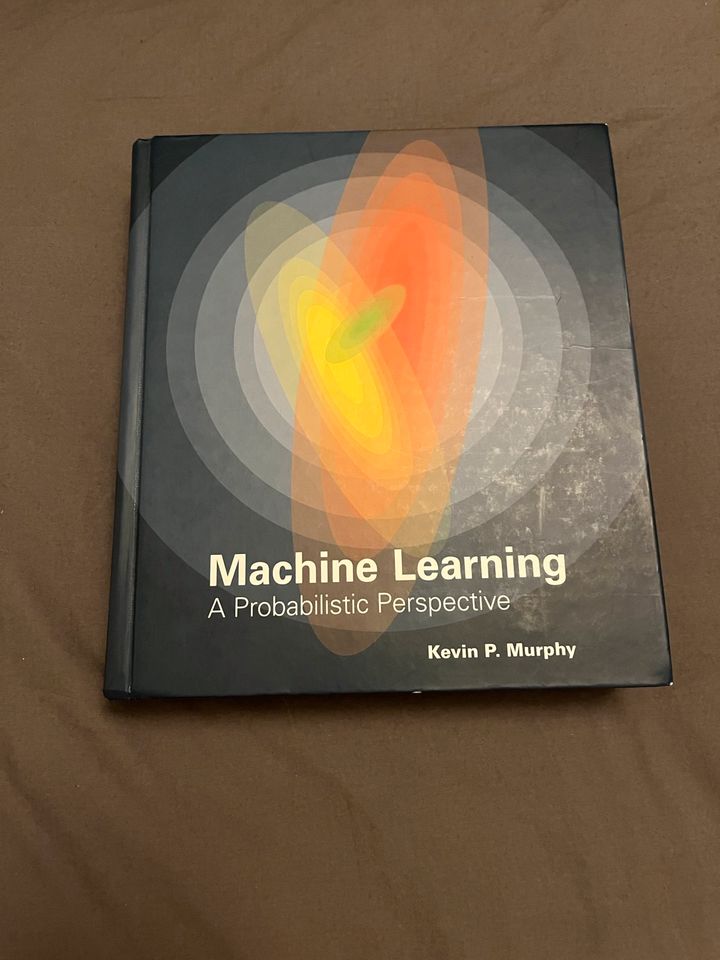
- Murphy’s book offers a probabilistic approach to machine learning, making it suitable for those interested in the theoretical foundations of the field.
“Deep Learning” by Ian Goodfellow, Yoshua Bengio, and Aaron Courville:
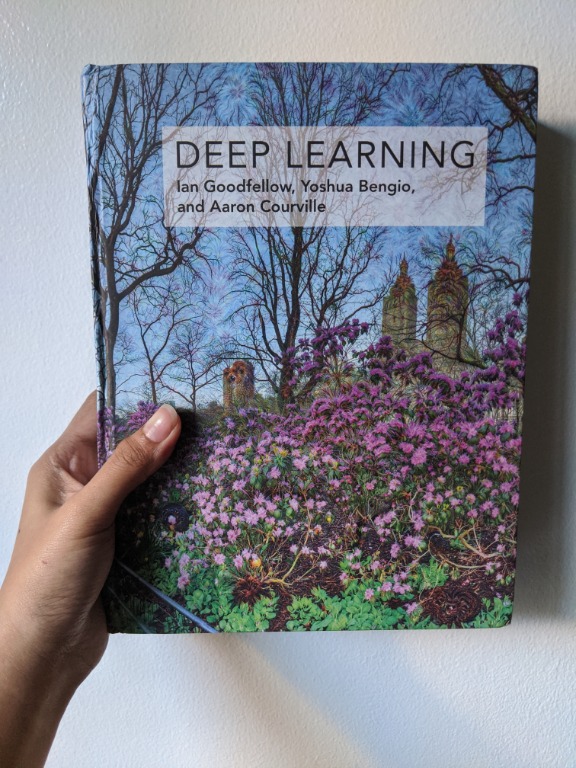
- This book is a comprehensive resource on deep learning, covering neural networks, optimization, generative models, and more. It’s considered one of the definitive texts on the subject.
“Introduction to Machine Learning with Python: A Guide for Data Scientists” by Andreas C. Müller and Sarah Guido:
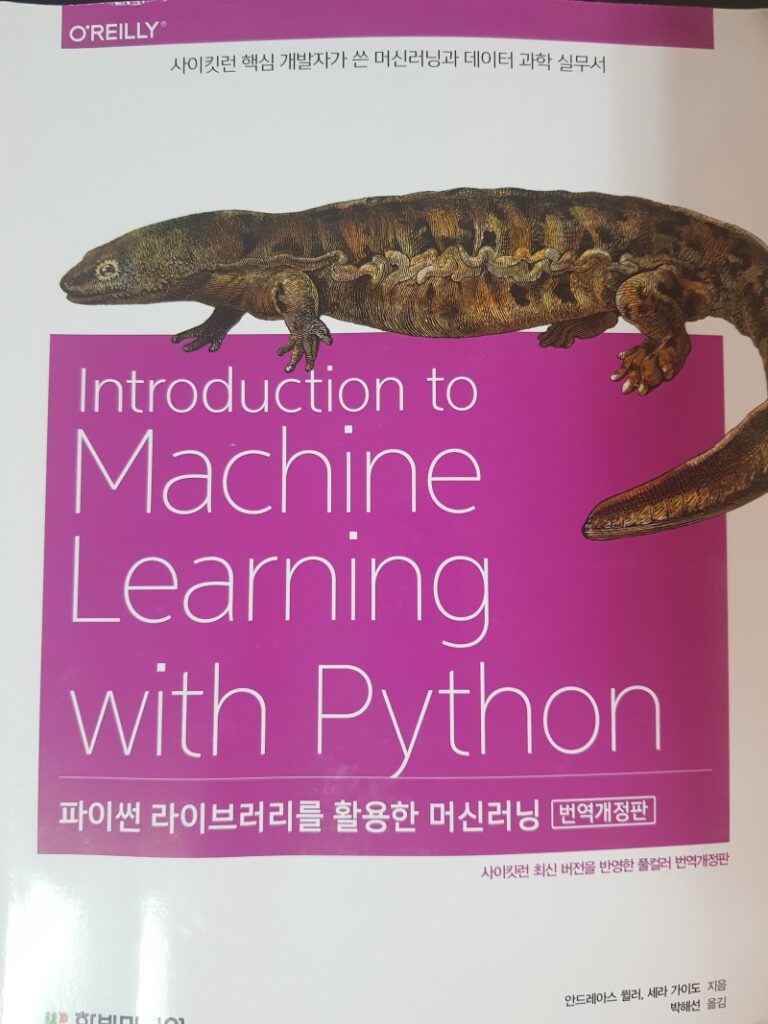
- Geared towards practical application, this book uses Python and popular libraries like scikit-learn to teach machine learning concepts. It’s great for beginners.
“The Hundred-Page Machine Learning Book” by Andriy Burkov:
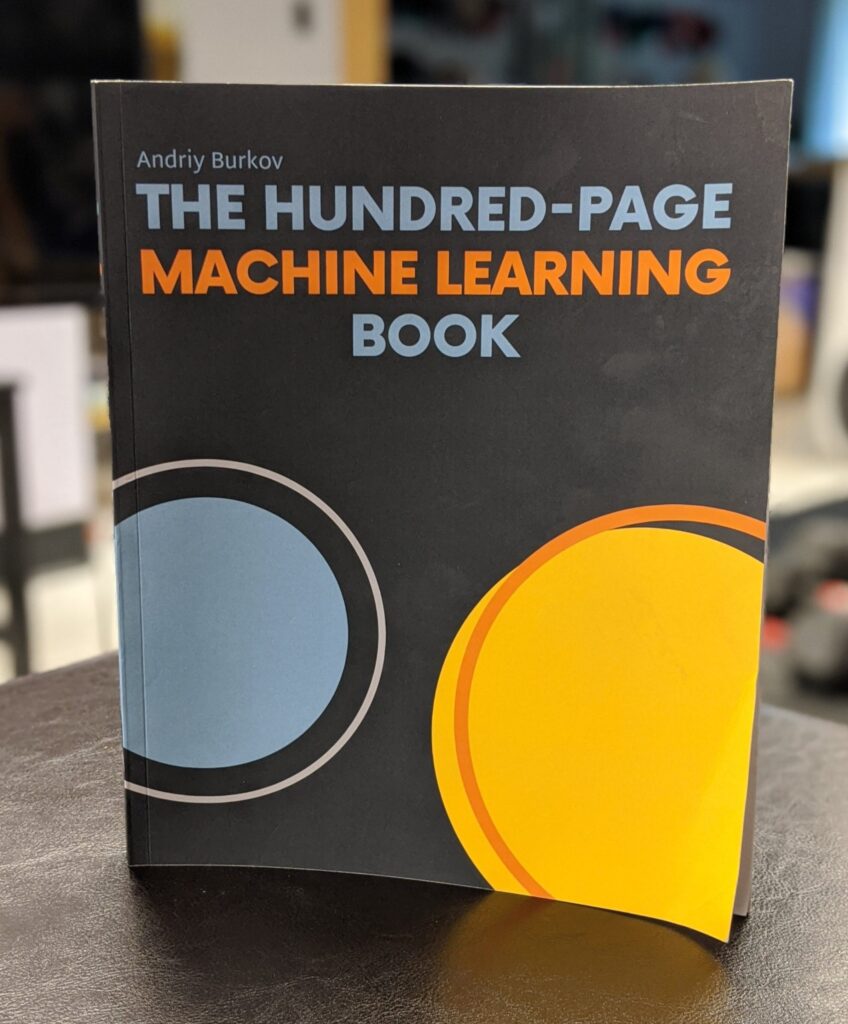
- As the title suggests, this book is a concise but informative introduction to machine learning concepts. It’s a great starting point for beginners or those looking for a quick overview.
“Hands-On Machine Learning with Scikit-Learn, Keras, and TensorFlow” by Aurélien Géron:
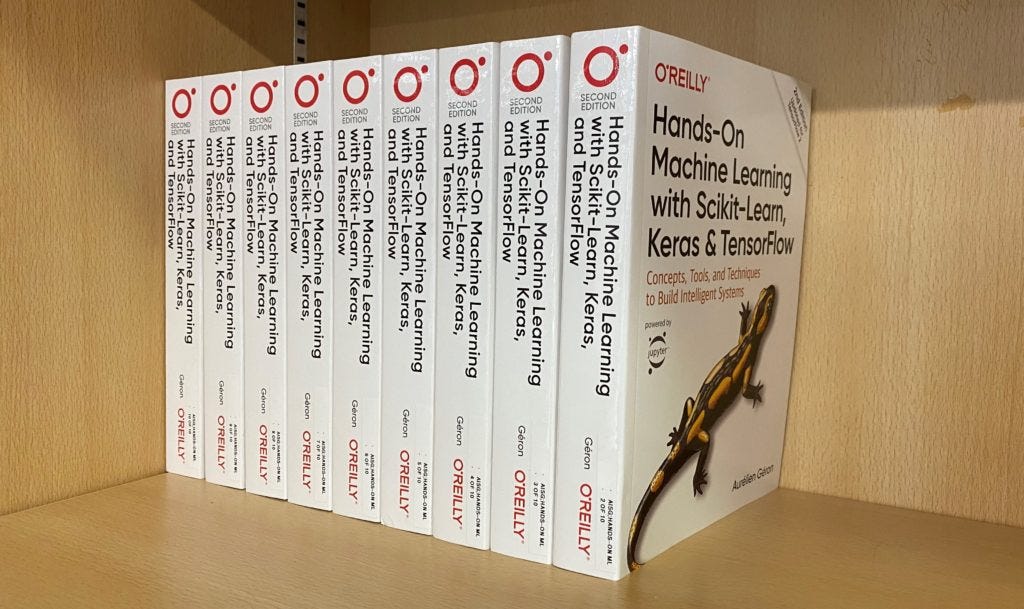
- This practical book provides hands-on experience with popular machine learning libraries like scikit-learn, Keras, and TensorFlow. It covers a wide range of topics, from the basics to deep learning.
“Python Machine Learning” by Sebastian Raschka and Vahid Mirjalili:
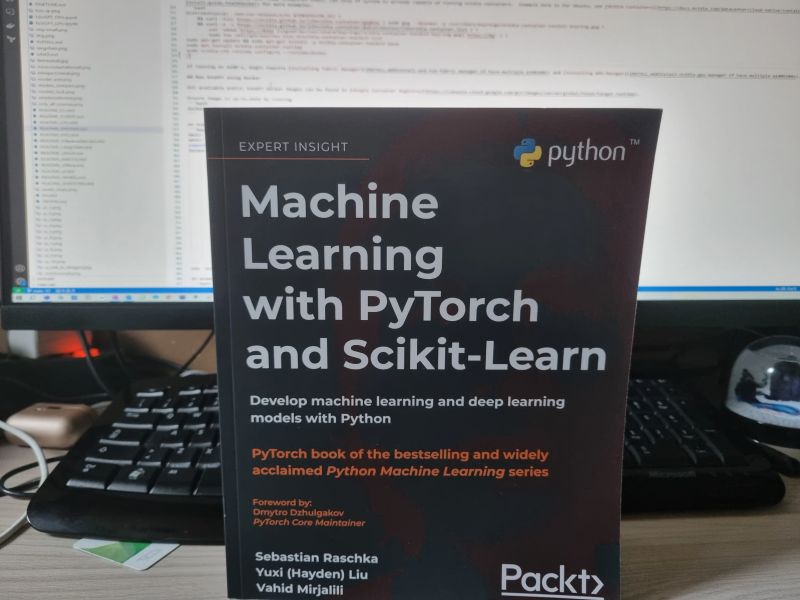
- This book focuses on using Python for machine learning. It covers various machine learning algorithms and includes practical examples and code.
“Machine Learning Yearning” by Andrew Ng:
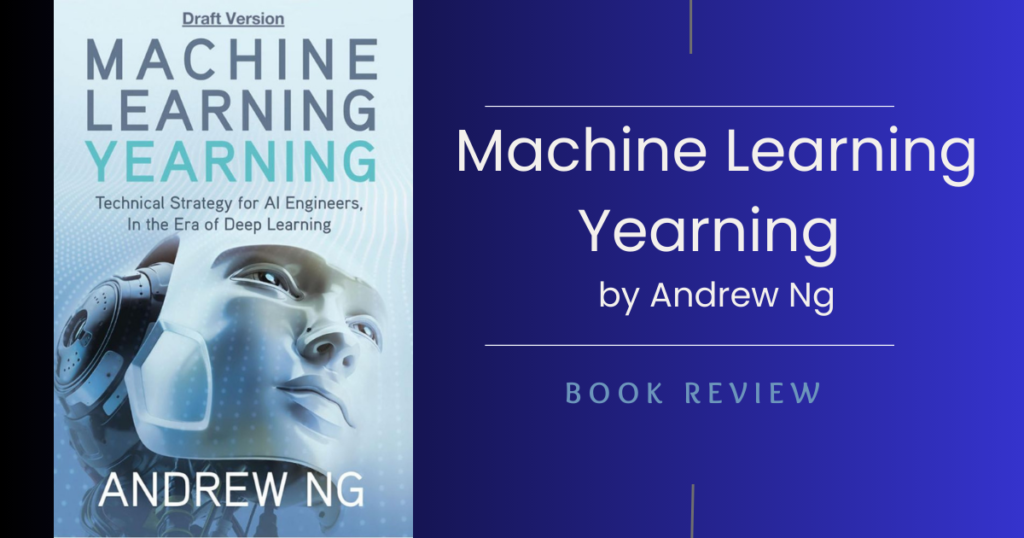
- Written by the co-founder of Coursera and a renowned figure in the field, this book offers practical advice and guidelines for applying machine learning in real-world projects.
“Understanding Machine Learning: From Theory to Algorithms” by Shai Shalev-Shwartz and Shai Ben-David:
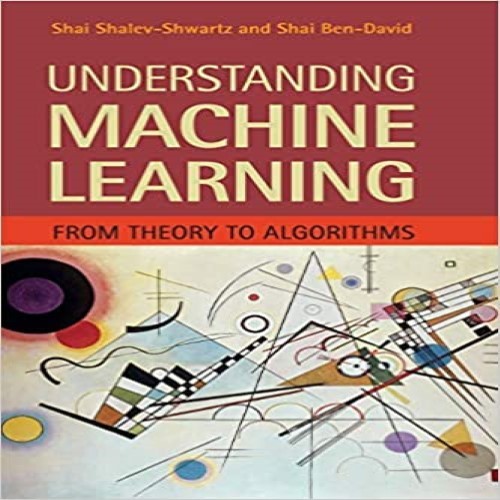
- This book provides a theoretical foundation for machine learning algorithms. It’s suitable for those interested in the mathematical aspects of machine learning.
“Machine Learning for Dummies” by John Paul Mueller and Luca Massaron:

- Part of the “For Dummies” series, this book is designed to make machine learning accessible to a wide audience, with clear explanations and practical examples.
These books cater to a range of skill levels and interests within the field of machine learning. Depending on your background and goals, you can choose one or more of these books to deepen your understanding of the subject.






